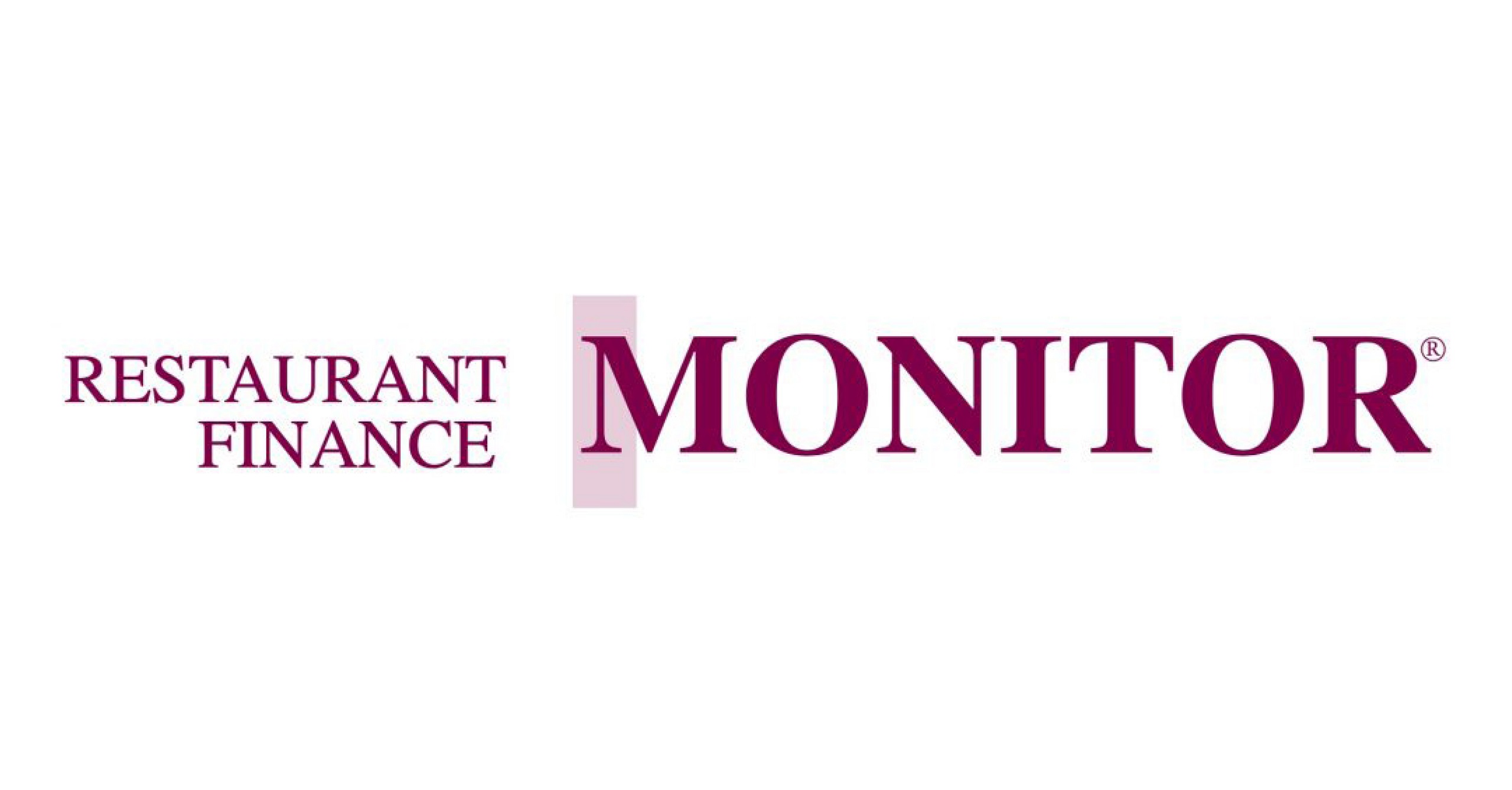In a recent article in a Minneapolis newspaper, a reporter asked a long-time restaurateur who was closing his restaurant the reason he was doing so. The restaurateur responded it wasn’t from a lack of sales or loyal customers, it was because the landlord refused to be reasonable.
I asked the restaurant owner, “define reasonable.” The owner replied that rent needs to be what they can pay and still make money. My response was this: What does your lease say?
“Well, my lease was changed during COVID, and my landlord has deferred a lot of rent, which has accumulated, and now they want a higher rent,” said the owner.
Sound familiar? Here are some ideas to consider before meeting with the landlord:
First, identify what the market is for your leased property today, not what it was two years ago; not what it was pre-pandemic. I had a recent situation where the landlord for a restaurateur with a large space wanted to raise the rent significantly for a renewal. I asked the landlord if he had anyone lined up who could afford to lease this space. He finally conceded the market was limited. So, find out if people are waiting in line to take your space. Often restaurateurs in downtown or under-performing areas jump at suburban locations when they’re vacated. Understanding the fair market value for your lease and who your competition is for the space gives you the starting point for renegotiations.
Next, figure out future needs to keep your site at a level where you can make money. This may include an investment in leasehold improvements, including a contribution by the landlord. If there is uncertainty in your location, you may need a kick-out right.
Another provision when negotiating your lease is to provide for assignment and subletting rights. I recently worked on a case where the parties agreed to the restaurant’s purchase price, but when they went to the landlord to get the assignment of the lease, the landlord said he had been undercharging for years and wanted to make up for it now. If there had been good faith assignment rights in the lease, this could have been mitigated.
Make a list of the things under your existing lease that need to be dealt with in order to have a good relationship with your landlord. Restaurateurs face stumbling blocks, such as workers still not returning to nearby office buildings and dealing with back rent deferred during the pandemic. Landlords will tell you they sacrificed for you and now want to make up that lost revenue. Work through what the fair market value rent should be going forward using a percentage rent, in addition to the base rent, to give your landlord some upside. If you’re in a deferral arrangement, don’t wait to resolve it. Sometimes landlords do forgive back rent, but in most cases they keep it on the books. I’ve seen schedules of deferred rent that started out at $100,000 and with the add ons provided in the lease plus interest, are now $200,000.
Buildings sold post-pandemic tend to be for lowerthan-anticipated prices. When a building is sold, the new owner takes over the leases, and if that lease has deferred rent, theoretically, the new owner is entitled to that back rent. The new owners can choose not to collect the past-due rent, but that’s not always the case. So, make sure you’re dealing with back rent as quickly as possible. One solution is to negotiate that if you stay in your lease for a period of time, such as four or five years, the back rent will be forgiven.
If your landlord has dug in their heels, you may need some outside help from government officials, the mayor, or council members to appeal to the stubborn landlord to help their community. They don’t want another closed restaurant in their district.
If you’ve done a sale-leaseback on your restaurant property, most likely you have a master lease covering more than one of your leased properties. It may be time to readjust the rents and redo a master lease to accommodate some rents coming down and some up. Look at getting out of the master lease so you have flexibility in the future. Deal with it upfront, not when you want to sell the restaurant.
Also, look at the provisions in your lease regarding what defines “sales” when determining percentage rent. If you add takeaway items such as frozen food lines or grocery-store placement, those sales may count toward revenue in percentage rent. Also, offsite catering, ghost kitchens and merchandise sales can also be subject to percentage rent. This is a good time to clear up these definitions.
Finally, your best option may be to get financing and buy your real estate from the landlord. The prices may be favorable and, in the long run, cheaper than a long-term lease.
The bottom line is don’t wait to deal with your landlord. There’s a lot of uncertainty in the restaurant industry, and you, as an operator, need flexibility for that future without being burdened with past baggage.
From the June 2025 issue of Restaurant Finance Monitor
Author
-

Co-founder and chairman of Monroe Moxness Berg PA, Dennis is a pioneer in corporate financing with a broad network of finance contacts and clients. He assists businesses, from emerging companies to multinational firms, by providing creative ideas, identifying unique financing sources, and developing the financial tools necessary for their growth and development.
